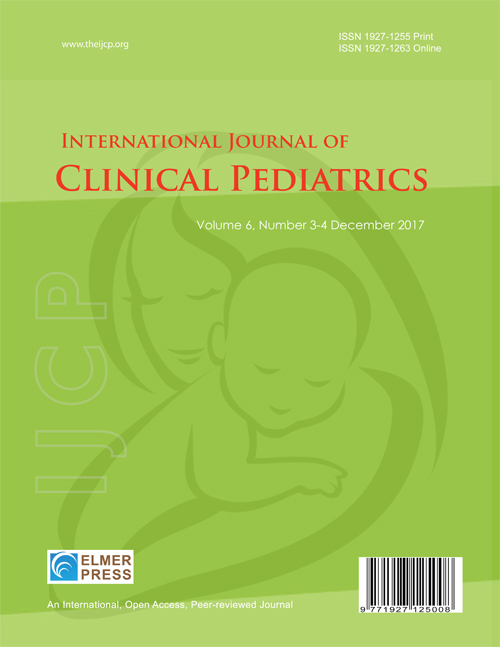Preliminary Experience With a Lidocaine Infusion as an Adjunct During Acute Pain Management Related to Medical Illnesses in Pediatric Patients
DOI:
https://doi.org/10.14740/ijcp1024Keywords:
Lidocaine infusion, Multimodal analgesia, Acute pain, Postoperative analgesia, Sickle cell diseaseAbstract
Background: The potential analgesic effects of lidocaine have been reported in anecdotal reports and larger clinical trials in adults. However, there remains limited information regarding its use in pediatric-aged patients. In many institutions, continuous lidocaine infusions may be restricted to the pediatric intensive care unit (ICU) setting. This study assessed the safety and feasibility of the use of lidocaine outside the ICU setting as an adjunct for acute pain management related to medical conditions in pediatric patients.
Methods: We retrospectively reviewed the outcomes of patients ≤ 21 years of age with acute medical illnesses, who received a continuous lidocaine infusion on the inpatient ward for the management of acute pain related to medical illnesses.
Results: The study cohort included 15 patients who received a total of 46 lidocaine infusions during the study period. Patient ages ranged from 10 to 21 years (median age: 14 years, interquartile range (IQR): 13 - 20 years) with a median weight of 57.9 kg (IQR: 54 - 74 kg). The majority of encounters (n = 43, 94%) were for pain related to sickle cell disease. Most encounters (n = 31; 67%) received continuous lidocaine infusions for 1 - 7 days at a median dose of 1 mg/kg/h. Adverse events were noted on 11 of the 310 infusion days (4%), and at least one adverse event was reported in nine of the 46 encounters (20%). Infusion rate adjustments were made in six encounters (13%) due to adverse events. No adverse effects required escalation of the level of care.
Conclusions: This study, which outlines our use of lidocaine as an adjunct to pain management for acute pain related to acute medical illnesses, expands on our previous work which described lidocaine for surgical pain. The study provides evidence toward the safety of pre-developed pathways and protocols for continuous lidocaine infusions outside the ICU setting, making lidocaine a feasible, non-opioid adjunct for the treatment of acute pain related to medical illnesses.

Published
Issue
Section
License
Copyright (c) 2025 The authors

This work is licensed under a Creative Commons Attribution-NonCommercial 4.0 International License.






